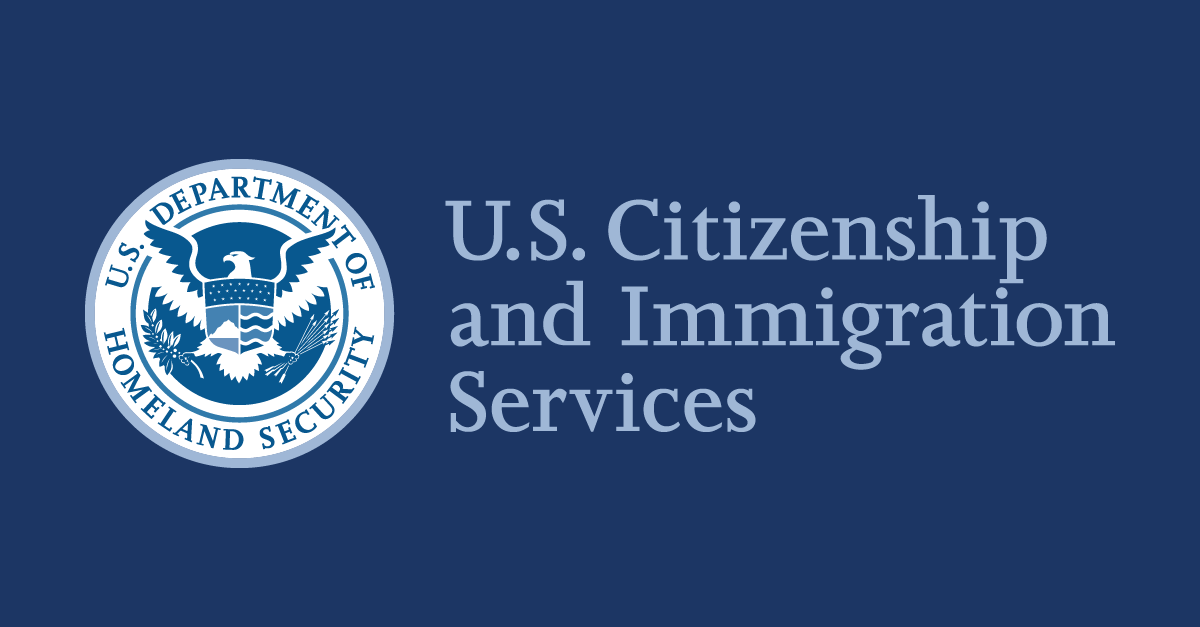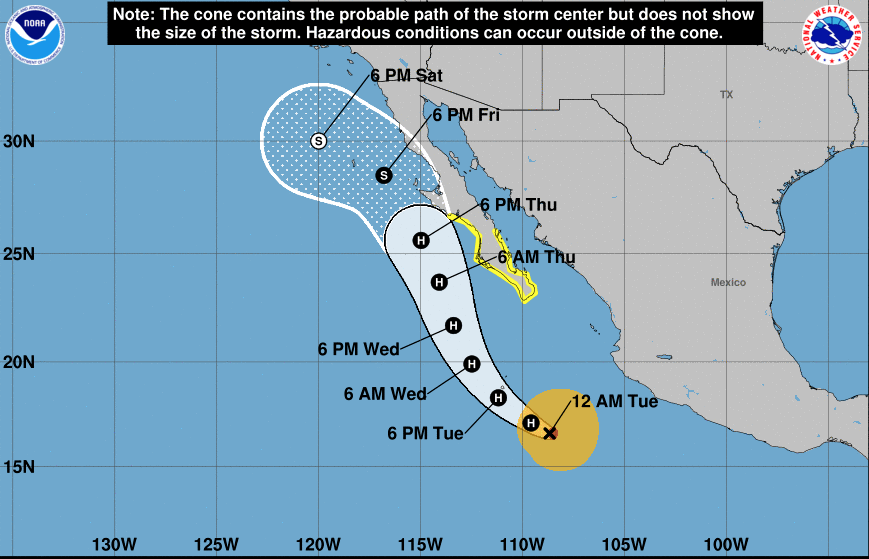USCIS has begun implementing a simplified process for the Form I-765, Application for Employment Authorization, to more efficiently issue Employment Authorization Documents (EAD) to eligible refugees after admission to the United States. This simplified process reduces the waiting time for EAD to about 30 days instead of several months. All persons admitted to the United States as refugees on or after December 10, 2023 will receive an EAD under this new process.
Under US law, a refugee is legally allowed to work upon arrival in the US. However, obtaining evidence of this employment authorization in the form of an EAD was previously a cumbersome process based on paper documents that caused excessive delays. The new process is fully automated, and refugees do not need to apply for an EAD, allowing for more efficient processing and adjudication of Form I-765 and faster distribution of EADs upon approval.
With this new process, USCIS will digitally generate Form I-765 for each arriving refugee and begin processing it once they are admitted to the United States. After USCIS approves a refugee's Form I-765, they usually receive their EAD within one to two weeks. USCIS will send your EADs to the address on file via USPS Priority Mail service. The length of time a refugee can receive their EAD can vary depending on the time of delivery. Please allow 30 days before submitting an inquiry.
USCIS will provide the Social Security Administration with the information necessary to assign each refugee a Social Security number and mail them a Social Security card.
USCIS recognizes that documents such as the EAD and Social Security Card are critical to the integration ability of newly arrived refugees, and this new process is the result of coordination by the federal government. United States Refugee Admissions Program and integration of refugees. We are committed to increasing efficiency by simplifying and digitizing our processes. We started this process on December 10, 2023 following a successful pilot project.
This simplified process No The approved Form I-730 applies to family reunification (known as “follow-on” refugees) admitted to the United States based on the petition of a relative of the refugee/asylee. Additionally, refugees requesting an EAD replacement or renewal must still complete and submit Form I-765.





